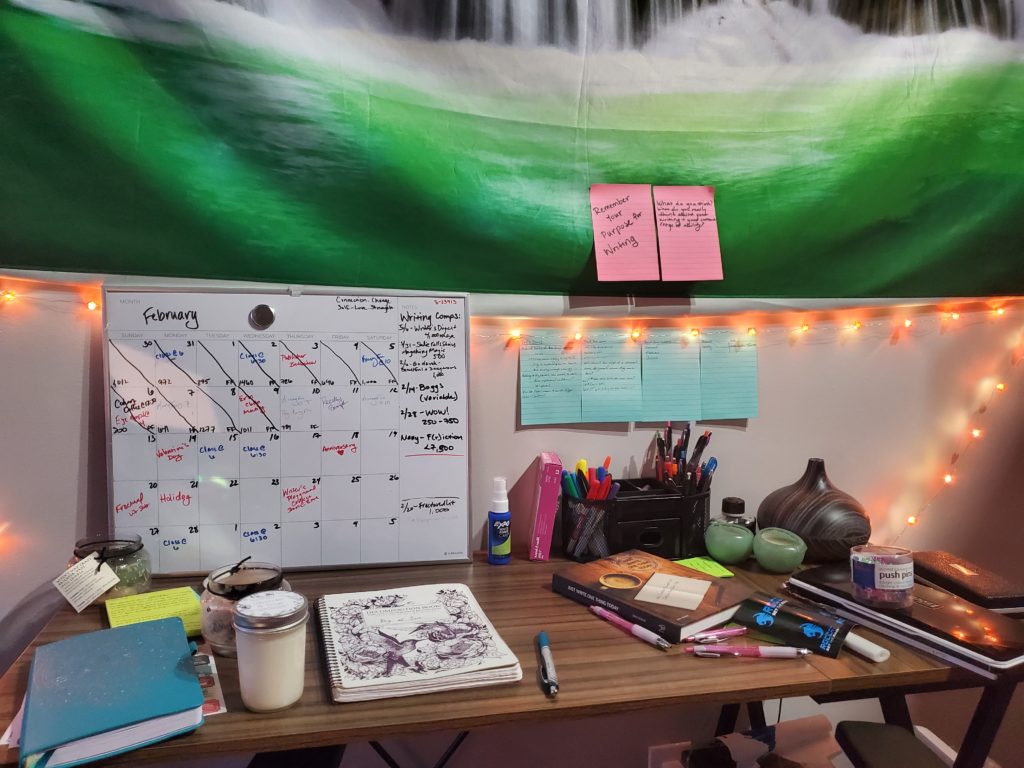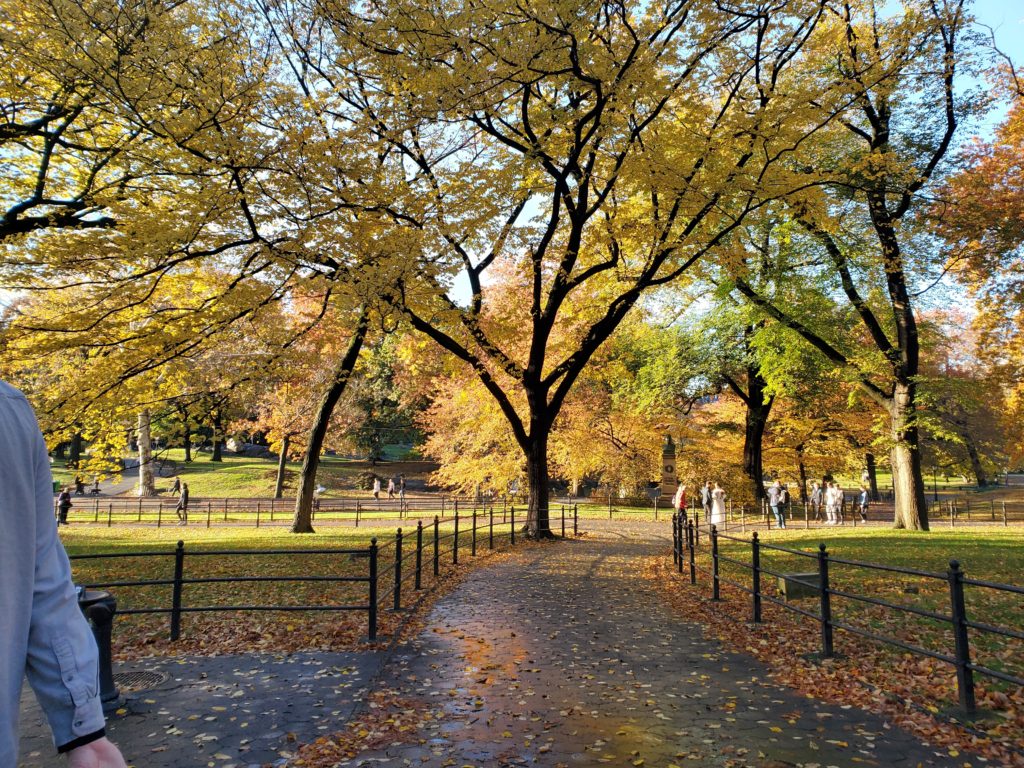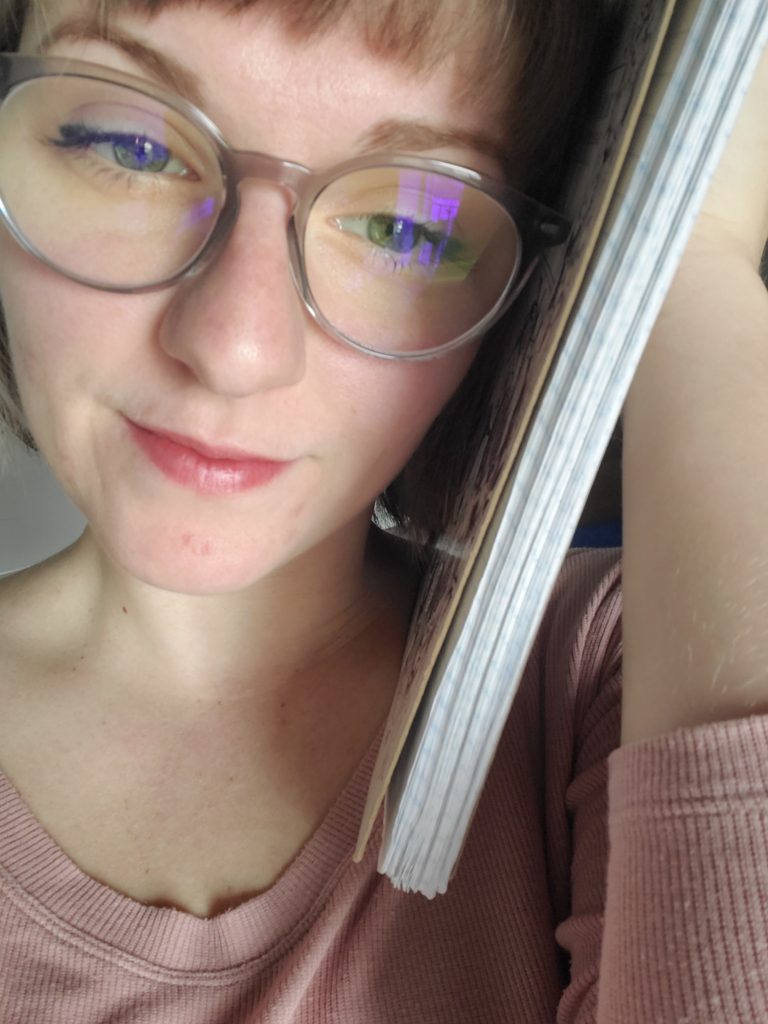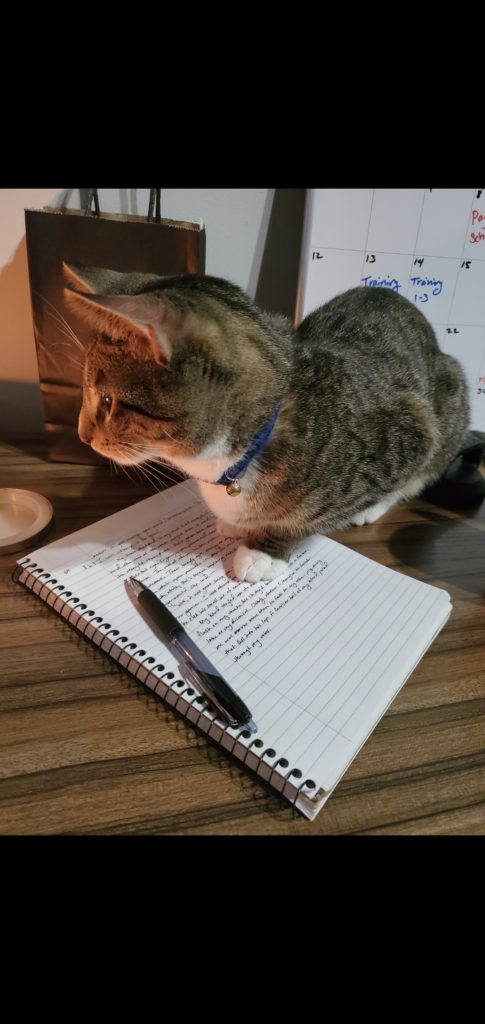Entering the Vast (Un)known of Writing a Novel

I’ve entered into the vast unknown of writing a novel.
I’m going to let you in on a little secret. Some people might crucify me on the spot for letting you in on it, but we’ll just keep this between us.
Ready?
Okay.
The secret is that writing a novel is hard as shit.
Please do not bother telling me that you already knew this. That’s really great for you, but I’m a bit of a dreamer. So, to me, writing a novel was going to be this mysterious and absorbing adventure. And at the end of the adventure, I’d have written the best thing that’s ever been written. All within the first draft.
It most certainly is NOT this. It’s probably the ugliest thing I’ve ever written, and yet, I still love it.
There’s another smite coming on with this next line, but I imagine a novel is the same as a child. Every time I sit down with it, I’m like, “Ah, there goes that little rascal. It’s so cute how kids have a mind of their own sometimes, isn’t it?”
And yes, this is exactly my internal dialogue to myself.
Starting a Novel
I’m not sure if there’s ever a clear and determined moment when a writer can say, “Ah, yes. This is the exact moment where a book was born.” But, I can say for certain that I sat down to begin thinking through my novel in October of 2021.
Towards the end of September, my first quarter of classes at Drexel started. This is when the book Story Genius entered my life, and thus began the less than mystical start of noveling. Story Genius begins with a beautiful promise to demystify the writing process. The main takeaway in the beginning is that humans are hardwired for story. It approaches storytelling in a somewhat “scientific” way, by telling the writer to do this and then this and then this.
Well, I followed this and then this and then this, and I ended up with the baseline of my novel. And even though I enjoyed reading most of Story Genius. My baseline is working its way to obsolete as I’m writing the middle of my novel.
I’m not much of a planner, so it was cool to try to do that, but overall, not my thing. Also, it would be difficult to plan fantasy. There’s just something about fantasy that builds into its own type of magic as you’re writing it.
So, at the start of November, I was ready to join Nanowrimo and start writing the thing. By November first, I stood at the foot of Everest with grand plans to make it to 50,000 words (about half my novel).
To all you Nano-ers out there, props to you for killing those 50,000 every year. I made it to about 19,000. Definitely gold star material for me. Before that, my longest contribution to a piece was about 7,000 words.
But boy did it feel like I failed.
After an absolute shitshow of a November (19,000 words + moving 3 hours away + two sets of Thanksgivings + an NYC trip), I set out into December with grand plans to make it to the end of the 50,000.

As you may be able to guess, I burnt out. By the time I made it to January 17th, I had 23,913 words. That’s still pretty good for only two and a half months if you ask me. But that didn’t stop me from feeling miserable about my efforts. It wasn’t exactly 50,000.
You’ll have to excuse my word count fixation. It’s a writer thing. My first draft is all written by hand, so I’ve gotten REALLY good at counting. Like I could make first graders cry with these mad skills.
On January 17th, I got a Legend Journal in the mail. If you haven’t seen these before, they are pretty fun. Mine has the times broken out through the day in half hour increments. I use it to keep track of my word count/general vibe for writing at different times in the day. This got me back on track.
A Change in Direction
The Legend Journal had me establish my all time life goals. From there, I needed to break it down into year goals, three-month goals, month goals, and week goals. My most notable goal was to hit 24,000 more words in my novel in three months.
If you’re doing the math, you’ll realize that that would be by April 17th. So, did I hit 24,000?

The answer is yes. Yes I did.
I started the first month at a sprint. Writing every day and keeping track of my daily word count. It was very impressive (wish I’d taken a picture). Some time into month two, I slowed down. By then, fortunately, I’d established a practice of writing when I woke up and writing before I went to bed. This is still something I try to practice every day, but some weeks are easier than others.
At the very least, I try to write before bed every night.
And it feels amazing.
Not always the actual writing, but the fact that I’m putting in the time and effort needed to get better. To create things. My novel is right around 48,000 words (typical fantasy is like 90-100k). On top of this, I’ve been developing short pieces of fiction. Pieces I’ve been submitting to contests. NYC Midnight and Fractured Lit have been a couple of my favorites.
Perseverance through the Novel Writing Process
Now that’s all good and dandy. I’ve given you this nice picture of where I’m at and how I’ve gotten here, but there is one giant thing I’ve only hinted at.
My mental health.
I’ve suffered from depression for a long time. With COVID and my WFH life, my anxiety has intensified. And I won’t lie to you and tell you that writing a novel hasn’t affected this at all.
There’s something kind of crazy about writing a book. The first draft is supposed to suck, and you, as the writer, are supposed to be perfectly okay with this thought.
If you didn’t guess, the mix of writing something that equates to near garbage mixed with depression and anxiety is not super awesome.

Neither is the imposter syndrome. Which creeps in since I don’t get paid to write and have self-proclaimed the writer title. There’s more on this in my article about the fear of writing.
Earning an MFA in Creative Writing is helping me accept this title more. But the thoughts and doubts are always there regardless. Seems almost silly to put this into writing, but nonetheless, it’s true and this is how it feels.
So, I’ve had to start learning how to accept that a novel will not be finished overnight, nor edited overnight, nor sold overnight.
And that requires a lot more patience than I’ve ever had with anything else in my life.
Even though writing sometimes brings down my mental health, I’m worse off when I’m not writing.
The biggest thing I’ve learned over the last six months is that you have to trust the process, trust yourself, and believe that you’ll get there.
What’s been your biggest test of patience in life?
1 thought on “Entering the Vast (Un)known of Writing a Novel”
Comments are closed.
[…] mentioned in my previous post that I started a Legend Journal that logged my goals for the year, month, week, etc. back in […]